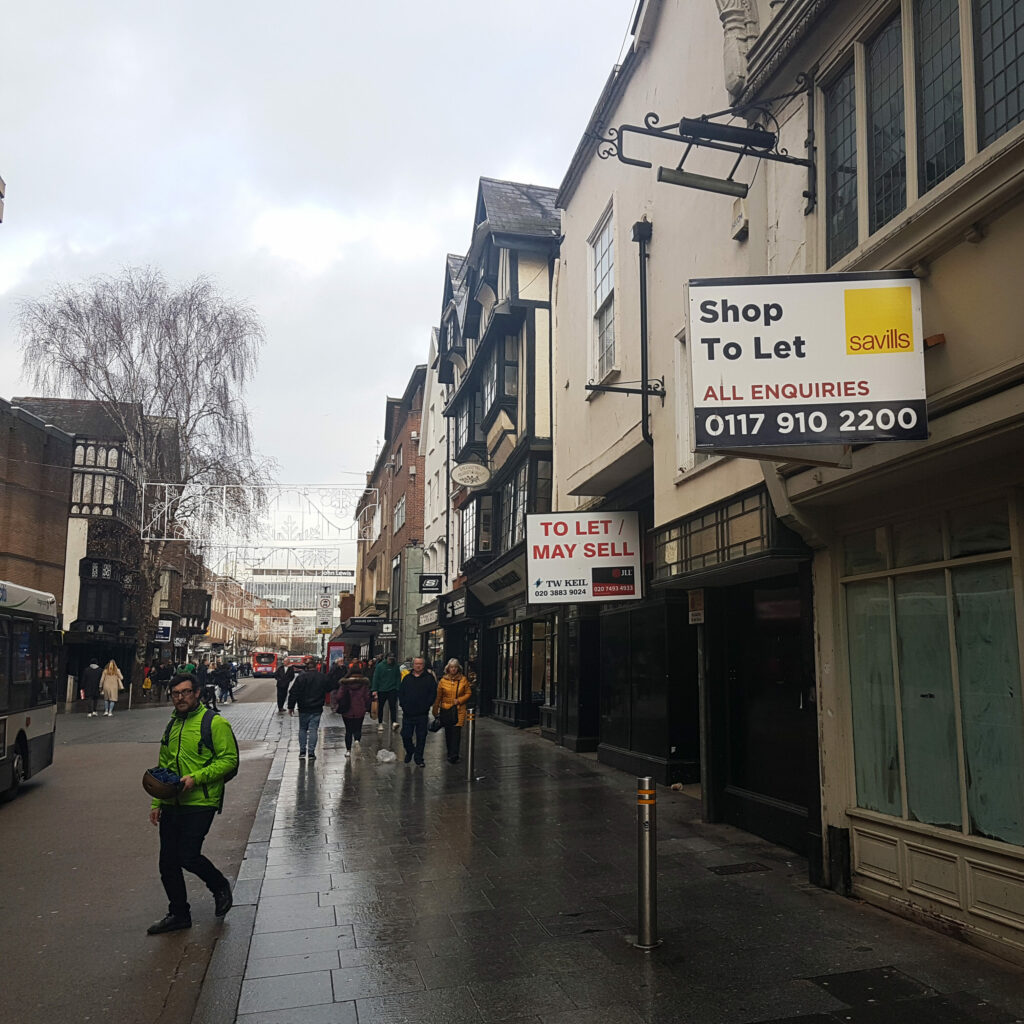
Natalie Sauer, a French-British environmental journalist, takes a look at Great Britain, where the next UN climate conference will take place in November 2020 in Glasgow, Scotland. And what is Boris Johnson doing? He shows no sign of embarking on the green revolution that’s needed to show any sort of climate leadership.
Billboard
Skyscrapper
Halfpage
Climate targets? That was something we were trying to address, wasn’t it? It’s been five years since the world community in Paris committed itself to the 2°C, or better still 1.5°C, target. And yet we are emitting CO2 as if there were no tomorrow. And the carbon clock is ticking louder and louder. Natalie Sauer, a French-British environmental journalist, takes a look at Great Britain, where the next UN climate conference will take place in November 2020 in Glasgow, Scotland. And what is Boris Johnson doing? He shows no sign of embarking on the green revolution that’s needed to show any sort of climate leadership.
Would you board a plane if the captain told you there was only a 50 per cent chance of surviving?
By the time I submit this article to the editor we will be a mere 7 years, 11 months, 3 days, 23 hours and 9 minutes away from using up the carbon budget to limit global heating to 1.5°C above pre-industrial levels. That is only around 0.4° more than where we currently find ourselves, a temperature at which a sea of fire has engulfed Australia and killed an estimated one billion animals. Save for the advent of risky, carbondrawing technologies, the greenhouse gases we inject into the atmosphere will linger there and alter the climate for at least 10,000 years. Does any previous crisis in human history compare to the present moment? It’s a rhetorical question, because there are none. And yet the scale of the threat is simply not being addressed by the few people who have the power to force major change.
In November in my own British backyard, Boris Johnson’s newly elected government will host the most important climate summit since Paris. Countries will be expected to hike their national climate targets, as we are currently heading for an increase in warming of 3.4°C by the end of the century. And yet, Johnson shows no sign of embarking on the green revolution that is needed to show climate leadership. Much of the government’s climate boasts are empty talk. Extinction Rebellion and Greta Thunberg remind us that the 2050 net-zero target enshrined into law by the UK provides us with at least a 50 per cent chance of capping warming to 1.5°C – should all state signatories stick to it. As the argument goes, would you board a plane if the captain told you there was only a 50 per cent chance of surviving? Sadly, this government doesn’t appear likely to hit the underwhelming targets it has set itself. It is persisting with the ecocidal project of expanding Heathrow airport and has come under fire from its own climate watchdog, the Committee on Climate Change, for failing to advance any meaningful proposals on home insulation or energy efficiency. Worse, new legislation seeks to water down energy performance standards in building regulations by scrapping what is known as the Fabric Energy Efficiency Standard, a move Joe Giddings, the co-founder of the Architects Climate Action Network (ACAN), has called a “massive disappointment”. It’s not as if the Brits hadn’t seen this coming. An investigation by the Desmog blog showed the Conservative Party received £5 million from supporters of climate science denial, with Boris Johnson receiving most of these donations. Along with UKIP, Johnson was the only leader to ignore the country’s preelection climate debate in December. As the Prime Minister now cosies up to Donald Trump in a bid to secure a trade deal, the state looks like it is part of the problem, rather than the solution. So, where does this leave citizens seeking a safe future?
To begin with, we must abandon any illusions that electoral politics, abetted by media conglomerates who are overtly hostile to structural change, will provide the action we need on time. While continuing to pressure central government, it falls to ordinary citizens to bring about a cultural shift in climate consciousness and action at the local level. State and town initiatives in Trump’s America go some way in showing how it can be done, with both California and Hawaii pledging carbon neutrality by 2045. But community alternatives, as Extinction Rebellion has rightly pointed out, must go beyond the illusions of green growth capitalism. The idea that we can consume and produce more than ever before while decreasing our use of resources and decarbonizing through efficiency gains is all but a myth. Architects around the globe have a duty to push for more down-to-earth alternatives. Aside from the imperative of spearheading affordable, low-carbon and climate-resilient homes, I see two other battles for the architects’ community to fight. One is to oppose the rush towards “smart”, automated cities, whose voracious consumption of mineral resources is paving the way to horrors like deep-sea mining. The second battle involves questioning the very concept of urbanisation. By 2050, 75 per cent of the world’s population will be living in cities – up from 50 per cent today, according to research by University College London. Both urban construction and dwelling is associated with carbon emissions, however, with the urban half of the world’s population accounting for 75 per cent of emissions. That trend is increasingly driving global supply chains that are highly exposed to climate shocks. Both of these moves would also begin to adapt communities to climate disasters – or in the case of the UK, floods and food insecurity. The carbon clock is ticking.
NATALIE SAUER is a French-British environmental journalist with an interest in climate politics and environmental health. A former reporter at Climate Home News, her work has also been published in Le Monde Diplomatique, Politico, AFP and The Ecologist. She lives down and out in London and Paris.
The “Opinion” and other articles can be found in topos 110 – as print version or as e-paper.












